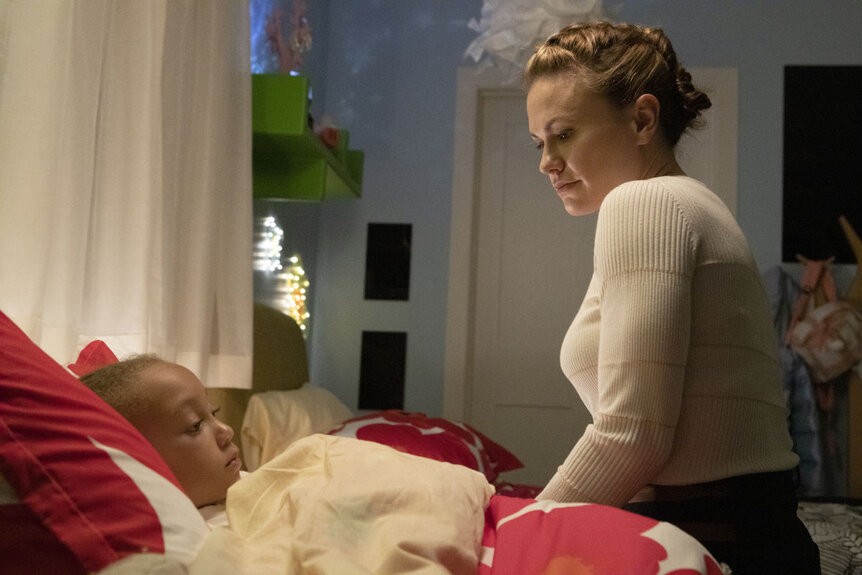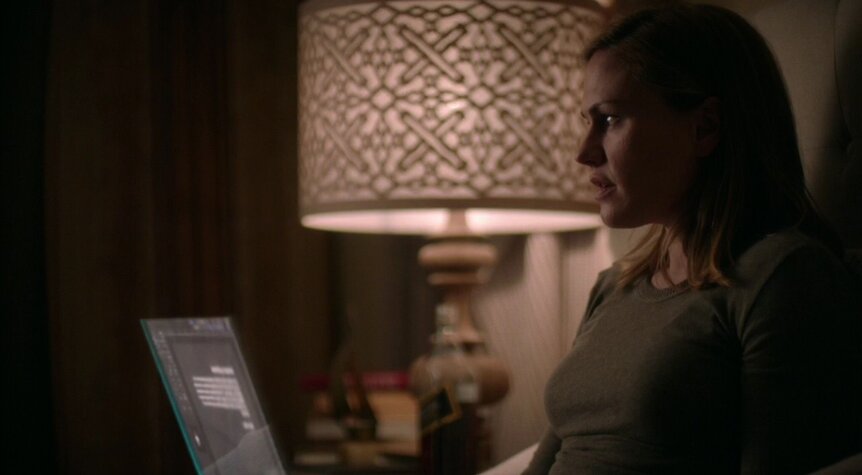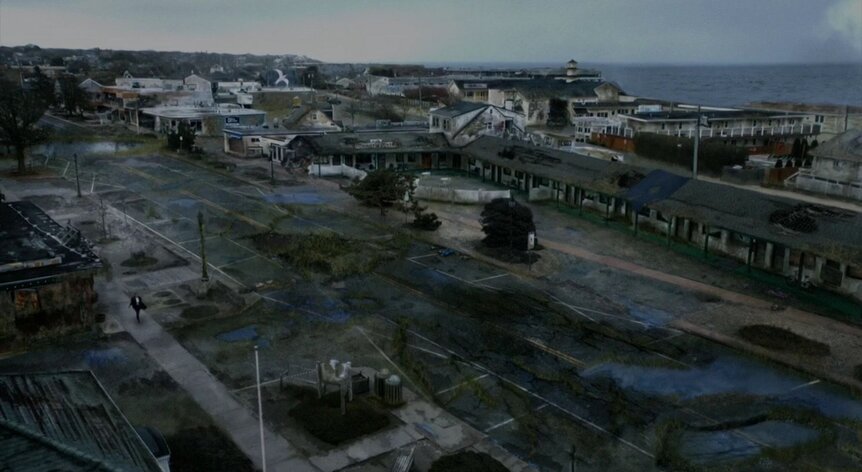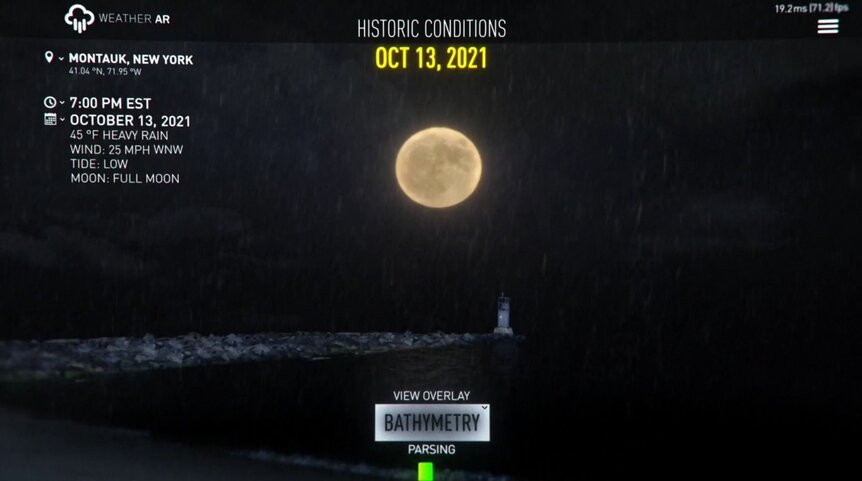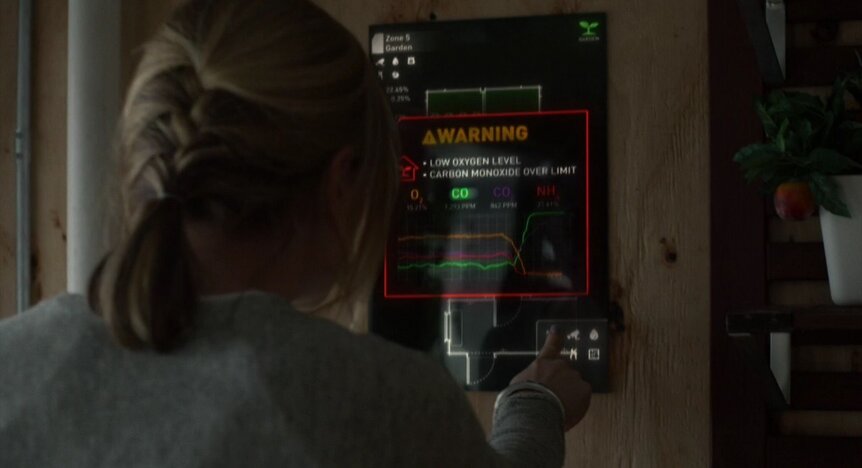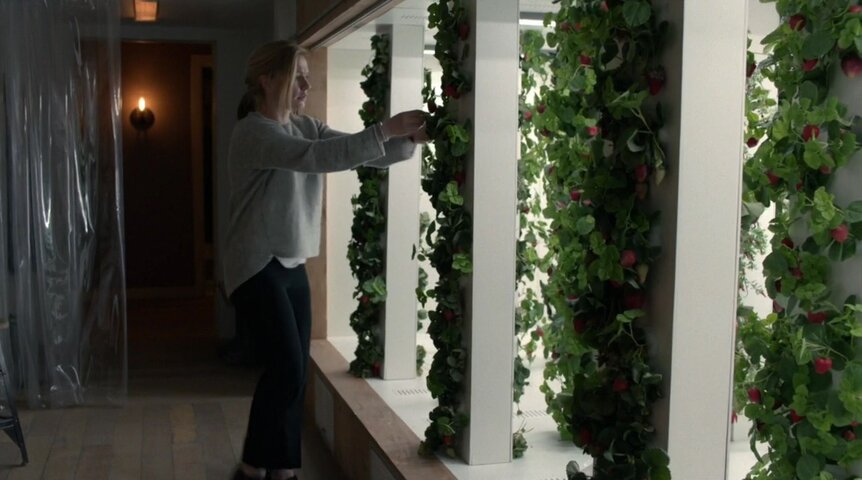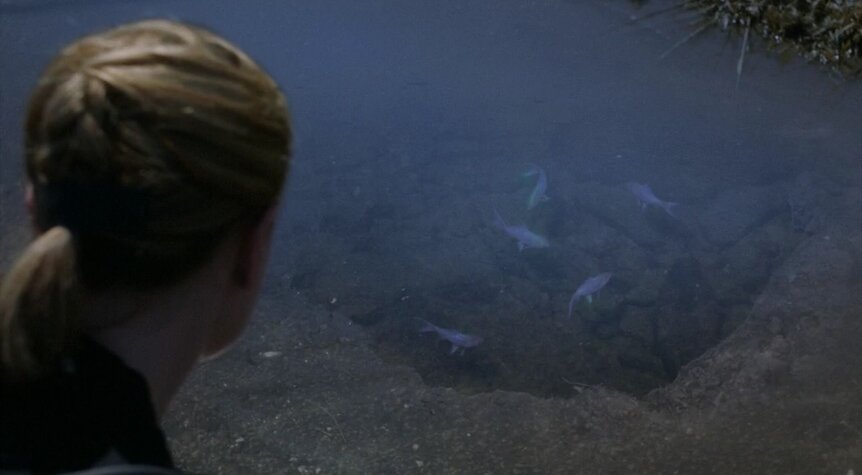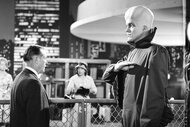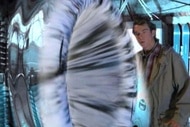Create a free profile to get unlimited access to exclusive videos, sweepstakes, and more!
How The Affair turned to climate change and science fiction in its final season
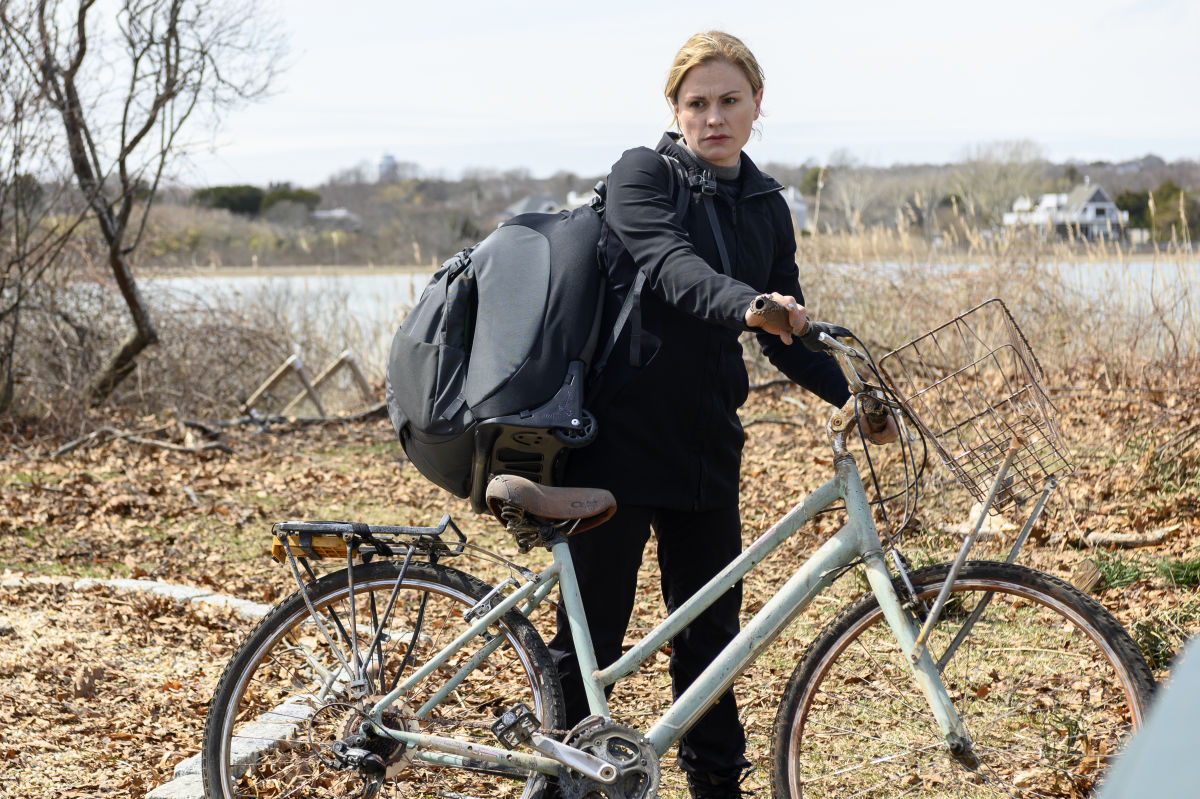
From the opening credit sequence to its final season, the sea is a terrifying entity on The Affair. It threatens to consume not only the characters but the very land, on which many life-changing decisions have taken place over five seasons. Debuting on Showtime in 2014, the drama tells the story of two marriages torn apart by an illicit romance that begins one summer in Montauk.
Told from at least two different perspectives, each episode offers up contrasting versions of the same timeline that leaves the audience questioning the reliability of this particular viewpoint. Clothes, hairstyles, and even huge swathes of dialogue shift between character point-of-view, and the earlier seasons often felt like a game of 'spot the difference.' It is all rooted in reality until the final season, which takes a leap into a dystopian future depicting the now grown-up daughter of Alison (Ruth Wilson) and Cole (Joshua Jackson).
Spoilers for the final season of The Affair within.
Playing alongside present-day scenes, Joanie’s (Anna Paquin) adventures in 2053 show a bleak future for us all. Considering the very real threat of climate change, a lot of these consequences are becoming closer to science-fact than science fiction. The version of the world Joanie lives in 30 years from now is one in which sea temperatures and water levels are rising, coastal erosion continues, and the quality of oxygen is diminishing.
Joanie’s home is equipped with a fancy-looking indoor strawberry farm — that looks straight out of Danny Boyle’s space-set Sunshine — intended to provide the necessary oxygen levels and some food for when it truly all goes to hell.
Technology is more sophisticated, including see-through laptop screens and unicorn birthday fireworks that resemble Gandalf's creations from Lord of the Rings. Nevertheless, what good is any of this if everything is underwater or the air is too toxic to breathe?
Joanie is a coastal-engineer, which is how she ends up back in her hometown of Montauk to complete a coastal erosion study. The once crowded beaches are deserted; it is a ghost town impacted by flooding. Businesses are shuttered and homes are abandoned. The cost of climate change is massive, but Joanie is dealing with personal conflict tied to this location. She is at odds with her childhood and the mental anguish of believing her mother killed herself when she was young. Except Alison did not drown herself; she was murdered after a violent altercation with a man she was dating at the time.
Joanie has held that part of her life at a distance, believing the story she was told because what other versions of events is there? Now, she is the same age her mother was when she died and it is threatening to consume her. This deep-buried trauma is bubbling to the surface in the same way the ocean is threatening to envelop Montauk. When asked what she does for a living in the season finale, she responds, "I'm trying to save the world from drowning." She is trying to make up for what happened to her mother on a far larger scale.
Using futuristic technology resembling streamlined Google Glass, Joanie views the sea tide levels at the time and date her mother allegedly walked off the jetty and drowned — technically, the present-day scenes of The Affair are also slightly in the future. What she sees doesn’t add up to the kind of conditions that would’ve led to her death: the levels are too low. She notes that someone can drown in a bathtub, but there is something suspicious about the overall timing.
In an interview with Vulture, Affair showrunner Sarah Treem explained the evolution behind Joanie’s STEM career path as one that was required to get her to this conclusion, “What if Joanie’s a scientist? That Joanie understands that the story they told her wouldn’t be possible?” Joanie being a climate scientist came out of that necessity to help her solve the issue of her mother’s murder.” Treem consulted a variety of experts including climate-change scientists, futurists, and epigeneticists to accurately reflect what 2053 might look like.Technology-wise they didn’t want to go too overboard, which is why a holographic telecommunications device was scrapped in favor of a low-key earbud. Her reasoning is she didn't want these aspects to distract, but as with the shifting perspectives storytelling framework there is always going to be an element of scanning the frame for what is different. Costume designer Christina Hribar has opted for a neutral color palette that is part Her in design, part-Gattaca in tone. The future informs the aesthetic, but it is very much in the realm of a recognizable landscape.
Nostalgia is not something Joanie is particularly invested in, nor is she feeling particularly optimistic about her present or the future. This thread of nihilism isn’t just a reflection of a ravaged planet, as her internal struggle links to the past. It probably doesn’t help that the world is crumbling, but she is still trying to provide for her children via the work she is doing and the small strawberry garden in her home. However, when she discovers decaying strawberries due to a malfunction, she starts tearing it to shreds, yelling at her husband, "It's never going to be enough."
She follows this up with a bleaker question, "Why are we trying to live past the point where the air outside is toxic?" It isn't only the world that is becoming inhabitable, which is why she uses this fight as an excuse to confess her infidelity. The strawberries might grow back, but this marriage appears to be irreparable.
This correlation isn’t a mistake and Treem has discussed how the aspect of climate change feeds into the overall narrative of The Affair: “It felt like a beautiful metaphor for our show. A relationship with the climate is not a relationship we take for granted in the same way we can take for granted our relationships with each other, but nothing sticks around if you don’t invest in it.” It is a bold way of framing the overall themes, even if it is a little heavy-handed at times.
In the penultimate episode, the present-day is also impacted by climate change as a wildfire rages across Topanga Canyon and the surrounding Los Angeles area. Noah Solloway (Dominic West) — who at one stage believed he was Joanie’s father — and his ex-wife Helen (Maura Tierney) end up taking a perilous cross country hike to avoid the encroaching flames. Traffic is gridlocked and a change in wind direction puts them in the path of the danger. It is an all-too timely story that reflects the very real dangers some California residents are currently facing. In The Affair, the near-death experience brings old resentments and fond memories to the surface. Weather is often a metaphor for deeper emotions and The Affair takes global consequences of wreaking havoc on the environment and aligns it with personal trauma.
The Affair is grounded in reality but the dystopia-leaning final season has taken some ambitious leaps to explore a correlation between inherited trauma and the ramifications of climate change. The Joanie storyline hasn't always worked as it distracts from the overall narrative, but there is something compelling about this timely examination of the environment and our personal stake in maintaining both the planet and our mental health. One character laments, "I'm so sick of trying to fix my parents' mistakes. We didn't f*ck this planet up, they did. Why should we fix it?" Here the environment is a stand-in for the sins of those that came before us. Joanie will never stop drowning if she can't let go of this all-consuming anger and sorrow.
It isn't all doom and gloom before the season finale, which sees Noah and Helen escaping the fire and making it to safety. Sure, Helen gets bitten by a rattlesnake but they arrive at a hospital before it is too late. In the future, Joanie has raged about the pointless preservation endeavors, but she has also seen evidence of animals and plants thriving despite the near-toxic conditions. Fish swim in new pools formed in the broken Montauk infrastructure and to cite another famous movie scientist, "Life finds a way."
Trauma is inherited, but so is resilience, wisdom an older Noah Solloway imparts on Joanie in 2053. Finding out her mother didn't abandon her unlocks something she didn't know existed, leading to the revelation that maybe her marriage is not as broken as she thought it was. It is hard, but people do have the ability to change: we are not a collection of our parents' mistakes. This doesn't fix the dystopian landscape or suggest that a strawberry garden is going to be enough when the time comes. Even if it isn't, the lessons of The Affair offer a semblance of hope: "You might not be able to save the earth, but you can be there for your children. No matter what happens."
